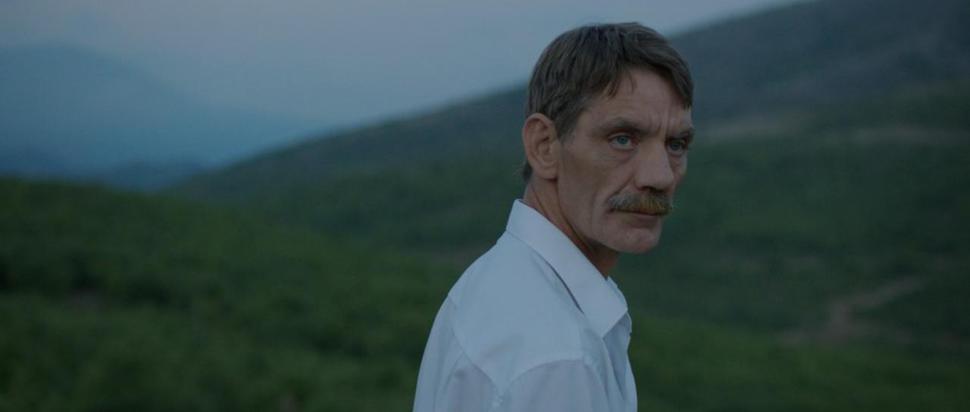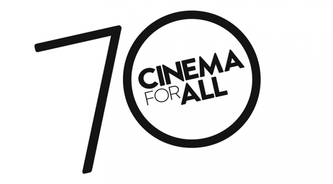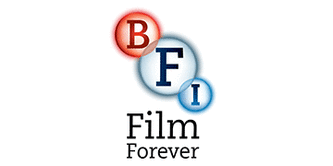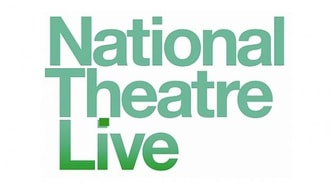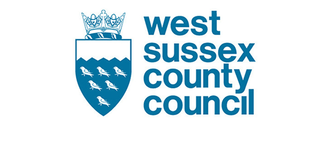ReviewWestern review
Peter Bradshaw The Guardian One of the films of the year has arrived – maybe the best of the year – a work of unmatched subtlety, complexity and artistry. It is about tension and transgression, and yet also succeeds in evoking a pure and miraculous calm. The German film-maker Valeska Grisebach leads you gently by the hand along her drama’s meandering path into a grove of mystery. She never allows you to make assumptions about the good guys and bad guys, doesn’t confect the obvious confrontations and crises that another type of film would consider necessary, and doesn’t coerce the audience into consenting to the inevitability of violence. A bored bunch of German construction workers show up in the remote, mountainous and stunningly beautiful region of southwestern Bulgaria to build a hydroelectric power station, evidently with EU money. But there is a serious problem with the job: the site manager has been inadequately briefed about the terrain; there is no regular water supply to make the concrete and the gravel they paid for hasn’t arrived. Work grinds to a halt and the men have little to do but lounge around in the sun, drinking beer, boorishly flying the German flag from their camp and making leering, arrogant advances to the women from the village, while antagonising the local men. Meinhard Neumann plays Meinhard, a quiet, ruminative worker. He is competent, hardworking, avoids idiotic behaviour, and has a respectful and open-minded attitude to the local people; he is nicknamed the Legionnaire on account of supposed military service in Iraq and Afghanistan, although the truth about this is never quite clear. Reinhardt Wetrek plays the boss, Vincent, an arrogant and swaggering type who insults one of the local women, Vyara (Vyara Borisova), but then, in the most excruciatingly poignant and vulnerable way, appears to have feelings for her. Syuleyman Alilov Letifov plays Adrian, a Bulgarian man who befriends Meinhard and even hires him as his unofficial bodyguard at the gravel quarry he manages. The title sports with the idea of genre. It is, of course, like a Hollywood western, with a military-style fort set up in the middle of Apache country and a question of tribal loyalty involved in fraternisation. But there is another genre: pastoral. For all the simmering resentment and sexual tension, the Germans and Bulgarians, with their quarrels and intrigues, occupy an almost Edenic world of natural beauty. Reinhardt tells Adrian that it is “paradise”, especially when he takes him to the fabled and awe-inspiring rock formation in nearby Sarnitsa that is a promontory in the shape of a face in profile. Their water problem is down to the fact that it has to be rationed between three local villages, switching the supply with a hidden valve. Reinhardt takes and tames one of the local wild horses – an appropriation that annoys the villagers, until they see his heartfelt love of the animal – but then this horse is to become fatefully involved in Vincent’s duplicity and his arrogant plan to steal the locals’ water. It is a micro-tragedy that becomes weirdly reminiscent of Thomas Hardy’s story Our Exploits at West Poley. “Western” doesn’t just allude to the American west. In some ways, it is naturally a parable of neo-colonial adventure and the toxic masculinity and loneliness that involves. The prosperous west high-handedly imposes its commercial and political will on the undeveloped territories. The German workers sneeringly insist they are basically doing these backward Bulgarians a favour they don’t deserve. But even this interpretation isn’t quite right. These two European tribes seem to have a lot in common, and the explosion of violence – which could occupy the third act of almost any other sort of film, from Euro arthouse shocker to Hollywood thriller – never arrives as you might expect. The energies and passions are always diverted and dissipated in surprising ways. It is more a western-on-western culture clash, one that turns out to be more of a meeting of minds in which people work very hard to get past the language barrier and communicate in good faith. And Neumann’s performance is quietly compelling. Grisebach has not, in fact, made many movies; her two other feature credits are a love story Longing (2006), and her schooldays drama Be My Star (2001). But on the strength of this one, she deserves to be a considered a major film-maker. |
THURSDAY 14 MARCH
Doors: 7.30pm Film: 8pm Western (12A) Don’t let that title mislead you, this unassuming yet brilliant and striking film is much more than an attempt to modernise that most American of all cinematic traditions. A group of German construction workers start a tough job at a remote building site in the Bulgarian countryside. The foreign land awakens the men's sense of adventure, but they are also confronted with their own prejudice and mistrust due to the language barrier and cultural differences. The stage is quickly set for a showdown when two men begin to compete for recognition and favour from the local villagers. Free of affectation and distinguished by a generosity and sincerity exceedingly rare in cinema, Western's poignant celebration of human resilience is nothing short of spectacular. This is one of the best and most overlooked films of 2018. Director: Valeska Grisebach
Writer: Valeska Grisebach Cinematographer: Joshua James Richards Starring: Meinhard Neumann, Reinhardt Wetrek, Syuleyman Alilov Letifov Running time: 120 mins. Other Reviews Rotten Tomatoes - 96% The Guardian - ★★★★★ The Financial Times - ★★★★ The Telegraph- ★★★★★ The Times - ★★★★ |

